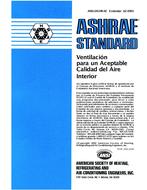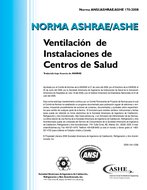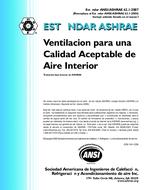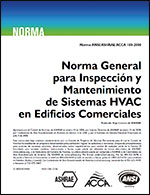Description
Data-driven models coupled with machine learning techniques have been developed to predict thermal comforts of individuals. However, collecting (quantitatively and qualitatively) sufficient data to develop and train the models is often challenging. This paper presents a Bayesian artificial neural network (ANN) approach for developing reliable, data-driven personalized thermal comfort models using limited data from individuals. The learning process considers general thermal sensation parameters (environmental variables, metabolic rate and clothing level) as well as individual thermal preference characteristics. The personal characteristics are expressed as a vector of continuous variables, estimated using data from the target person. A high-dimensional neural network was developed to map model inputs (e.g., air temperature, relative humidity) and the vector of continuous variables with personal thermal sensation (model output). The model parameters in the neural network are trained with data from various people using a subset of the ASHRAE RP-884 database. The neural network is transferrable without any update or modification, i.e., the same network can be used to predict individuals’ thermal comfort, making the proposed learning approach data-efficient. The results show that the developed Bayesian ANN approach performs better than existing models when inferring personalized thermal comfort, especially when using limited data, which is important considering the practical limitations in collecting sufficient thermal response data from individuals in real buildings.
Product Details
- Published:
- 2023
- Number of Pages:
- 9
- Units of Measure:
- Dual
- File Size:
- 1 file , 2.7 MB
- Product Code(s):
- D-AT-23-C058
- Note:
- This product is unavailable in Russia, Belarus




